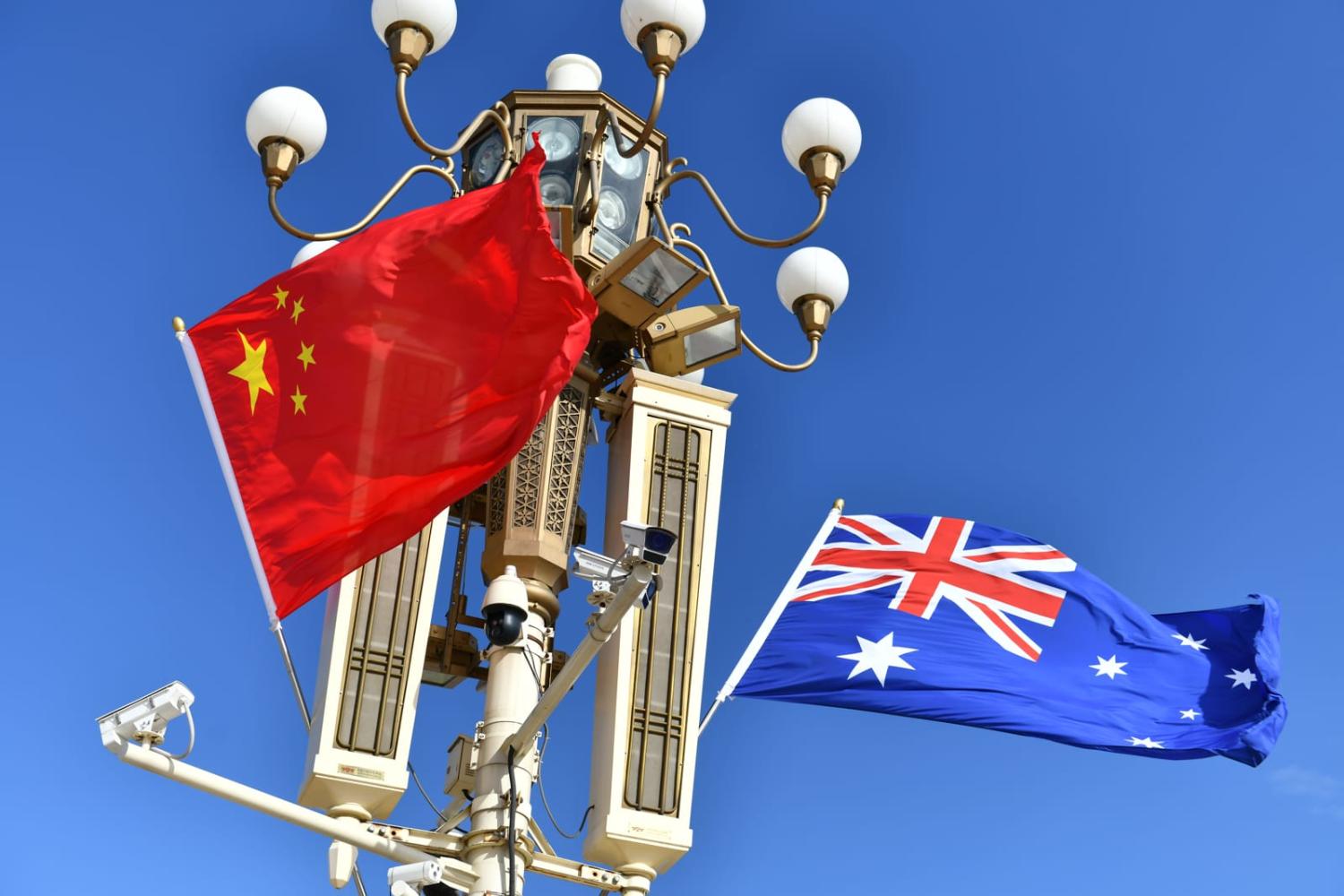Following positive developments such as the return home of Australian journalist Cheng Lei, the all-around smiles accompanying Prime Minister Anthony Albanese’s visit last week to China punctuate an improving relationship trajectory.
A “new starting point” with Australia has been reached, according to China’s number three leader, Zhao Leji.
No-one imagines, of course, that the differences between Canberra and Beijing have disappeared.
After having spent the last two weeks in multiple Chinese cities discussing bilateral ties with recently retired officials, researchers at state-affiliated institutes and independent think-tanks, as well as a host of individual academics, it’s clear that the differences are also well understood in China.
Nonetheless, both sides are now focused on emphasising their many common interests.
In managing ties from here on, rather than ceasing to be “clear-eyed” about ongoing challenges, a more likely danger is policy mistakes stemming from wrong-headed analysis.
Consider the argument being put by Coalition members of parliament that Canberra should not have provided Beijing with a face-saving off-ramp by suspending its dispute cases covering barley and wine at the World Trade Organisation (WTO). This decision, we are told, represent an “important concession” because it allows Beijing to continue to claim that it plays by the rules. In contrast, “nothing would be more powerful” in puncturing that claim than forcing Beijing to face an adverse ruling. Efforts to deter future Chinese economic coercion are undermined by allowing Beijing to avoid a public shaming now – or so the argument goes.
The concept of deterrence involves threats that aim to prevent something from happening.
What reason is there to think that China would find having to face a formal WTO ruling this year or next so alarming as to change its calculus the next time it contemplates disrupting trade for geopolitical ends? The United States, the world’s other great power, has been on the receiving end of numerous adverse WTO decisions. Yet Washington’s response has simply been to reject the rulings and carry on as it wishes.
That Beijing’s campaign of trade disruption targeting Australian exports beginning in May 2020 smacked of coercion is already widely appreciated. The previous Morrison government made sure of this by putting Australia’s predicament on top of a list of talking points to be raised in meetings with foreign leaders and officials. Given the blow this dealt to Beijing’s reputation as an actor that plays by the rules, what further cost would a formal WTO decision now impose? In fact, it’s certain that a WTO ruling would make no reference to any coercive motivations that might have driven Beijing’s actions. Instead, it would simply state that they were inconsistent with China’s WTO obligations.
Seizing the opportunity to poke Beijing in the eye might make some anti-Chinese Communist Party activists feel good. It would also be consistent with the megaphone approach to diplomacy that previous Coalition governments settled on. But little would be achieved in terms of advancing the government’s interest in expediting the removal of remaining tariffs on Australian producers and securing the release of detained Australians, such as Yang Hengjun.
What will cause Beijing to reassess its approach is an understanding that disrupting trade won’t lead to Canberra (or any other potential target) from making different choices, and is more likely to rebound to hurt China’s own interests. And having seen the same data as everyone else in which Australia’s economy shrugged off Beijing’s attacks, this realisation had well and truly dawned on China’s political leaders and officials by the end of 2021.
What further needs understanding are the benefits that have come from the Albanese government rejecting dubious calls alluding to deterrence to date. Without doubt, presenting Beijing with an off-ramp delivered Australian exporters faster relief than would otherwise have been the case. This is why business leaders have been so ebullient in their praise of the Albanese government’s handling.
Yes, Canberra could have insisted that Beijing face an eventual adverse ruling. But Beijing might then have simply responded in the way that Washington now routinely does and exercised its right to appeal. With Washington also having driven the WTO’s appeals body into dysfunction in December 2019, Australian exporters would then be facing the prospect of disruptive measures extending indefinitely.
Meanwhile, the wind would have been taken out of the bilateral sails more broadly.
When the Albanese government came to power, the problems encompassed widespread trade disruption, a complete breakdown in political dialogue and citizens languishing in detention. Calm and professional diplomacy of the type seen in suspending Australia’s WTO actions against China has delivered progress across the board.
Recent opinion polling by the Australia-China Relations Institute shows the Coalition lagging Labor by 20 percentage points as the party best placed to handle China policy.
The bottom line is this: Labor doesn’t need to dumb down its approach. The Albanese government’s consistent messaging that it “will cooperate where we can, disagree where we must, manage our differences wisely, and above all else … vigorously pursue our own national interest” in relations with Beijing has been a tactical approach that has paid some tangible dividends.
And the task for the Dutton-led opposition is to distance itself from the approach taken by previous Coalition governments, not return to it.

